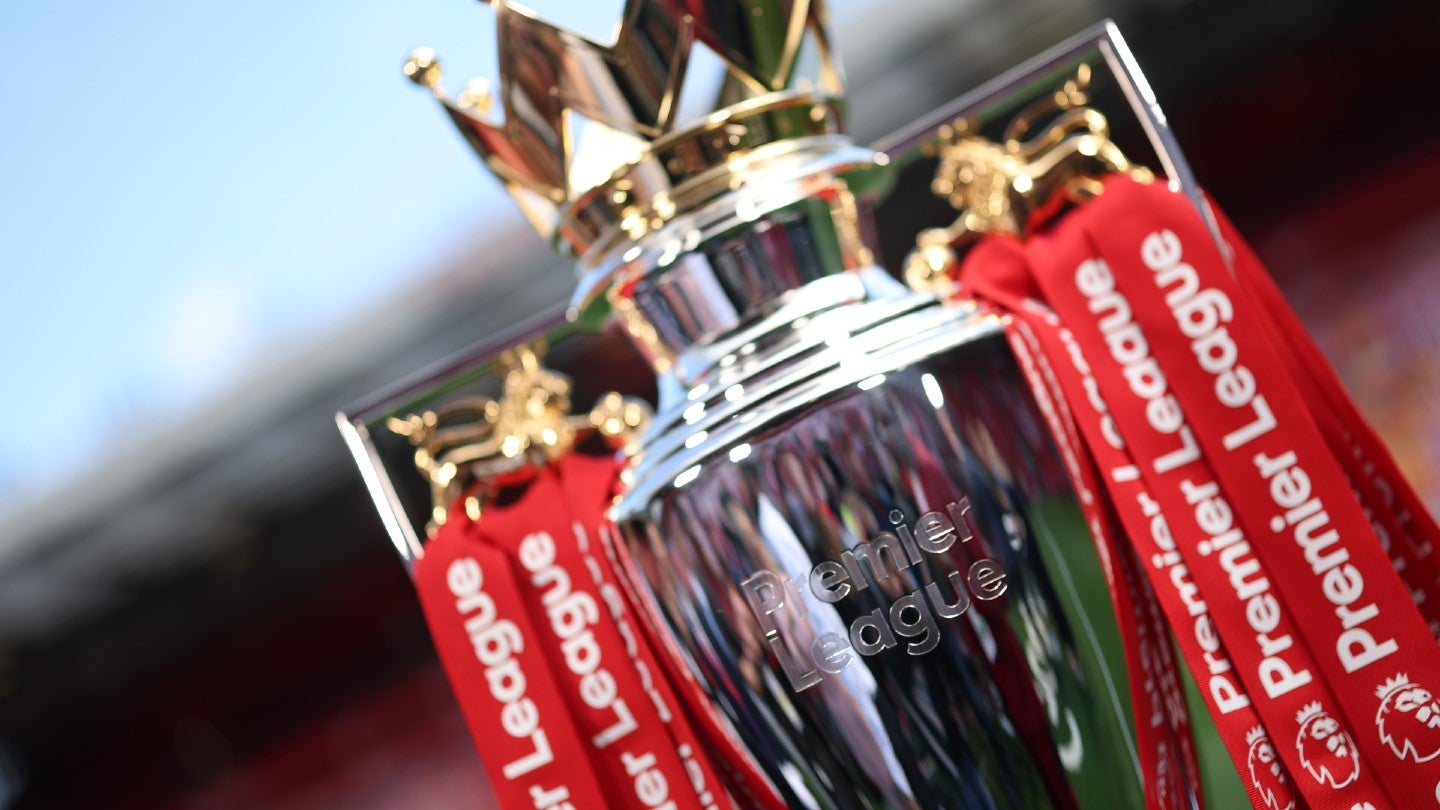Seven Nigerian firms and individuals have been penalized by the World Bank over corruption during its 2022 fiscal year.
According to The PUNCH, this information was disclosed in the Sanctions System Annual Report for the bank’s most recent Fiscal Year 2022, which ran from July 1, 2021, to June 30, 2022.
The penalty list included three Nigerians and four Nigerian companies who were found guilty of wrongdoing by the Washington bank after conducting appropriate investigations.
Two of the four firms were sanctioned by the African Development Bank but were recognized by other multilateral organizations, such as the World Bank, in accordance with the cross-debarment policy.
Mr. Salihu Tijani was placed on the blacklist for three years and two months, while Mr. Isah Kantigi was placed on the blacklist for five years.
The third Nigerian, Amin Moussalli, was banned for two years and ten months, with an extra one year and six months of conditional non-debarment (meaning the individual is eligible to participate in the bank’s operations).
AIM Consultants Limited was blacklisted by the World Bank for two years and two months, and SoftTech IT Solutions and Services Ltd was blacklisted for four years and two months.
Sargittarius Nigeria Limited and Sargittarius Henan Water Conservancy Engineering Ltd were each placed on the AfDB blacklist for two years and six months but were recognized by the World Bank under the cross-debarment policy.
The report also revealed that two Nigerians and two Nigerian companies had been removed from the bank’s blacklist after meeting its requirements.
The Nigerians were Mr. Elie Abou-Ghazaleh and Mr. Fadi Abou-Ghazaleh, while the firms were Abou Ghazaleh Contracting Nigeria Ltd. and Quick Projects Limited.
In his remark in the report, the World Bank Group President, David Malpass, said that corruption could damage the bank’s efforts in financing projects.
He said, “At a moment when every available resource must be deployed for maximum impact, these ill effects of corruption can be especially damaging. For this reason, it is important to recognize the role of the Bank Group’s sanction system, which plays a significant part in our institution’s efforts to maintain oversight and accountability for the financing we provide.
“The offices that comprise the sanctions system—the Integrity Vice Presidency, the Office of Suspension and Debarment, and the Sanctions Board and its Secretariat—work together to send a clear message: corruption has no place in development.”
In total, he said that the bank debarred or otherwise sanctioned 35 firms and individuals.
At the same time, 22 entities had fulfilled the conditions for their release from sanctions, allowing them to once again participate in bank-financed initiatives.
The PUNCH reported that the World Bank had placed 18 Nigerian persons and businesses on its blacklist for engaging in corrupt acts, fraud, and collusive practices during its fiscal year of 2021.
According to a separate investigation, the AfDB blacklisted at least 40 Nigerian organizations and individuals between 2017 and 2021 for engaging in corrupt acts, fraud, and collusive practices.
The AfDB said the firms and individuals were debarred “for coercive, collusive, corrupt, fraudulent, or obstructive practices under its sanctions system or adopted under the Agreement for Mutual Enforcement of Debarment Decisions from other global lenders.”











